Government Launches “Nasha Mukt Bharat Abhiyaan” to Combat Substance Abuse: Two-Day Master Volunteer Training Program Kicks Off in Leh
Leh, October 28: The Ministry of Social Justice and Empowerment, Government of India, has launched the “Nasha Mukt Bharat Abhiyaan” to combat substance abuse in the country. A two-day master volunteer training program, organized by the Department of Social Welfare, commenced yesterday.
During the event, the Director of Social & Tribal Welfare, Tashi Dolma spoke passionately about the Nasha Mukt Bharat Abhiyaan, highlighting the commitment of the Ministry and the crucial role played by the Honorable Prime Minister in initiating this campaign. She emphasized the need to kickstart this initiative in Ladakh, where it can make a significant impact.
Ladakh, known for its unique challenges, has been actively involved in groundwork to address substance abuse, particularly among the age group of 10-17. Students in Ladakh have shown enthusiasm by nominating themselves for this noble cause. The program aims to empower these young volunteers to make a difference and provide peer support in combating substance abuse.
The State Coordinators of the Ministry of Social Justice and Empowerment discussed the issues related to substance use and psychoactive substances. They also shed light on the legal framework and international conventions governing this domain, emphasizing the importance of prohibition and control measures.
The event featured a comprehensive introduction to substance use and abuse, understanding the terminology associated with substance-related issues, and the legal and policy framework in India. It also highlighted the magnitude, extent, and patterns of substance use in the country, focusing on drug demand reduction as a critical aspect of India’s policy.
Dr. Tashi Tundup, a Psychiatrist at SNM Hospital, provided valuable insights into substance use and substance use disorders. He covered the definitions of substances, their types, prevalence, associated harms, and effective evidence-based interventions to address these issues.
The program delved into the management of dependent users, emphasizing psychological management and various stages of intervention, from pre-consumption to relapse.
Participants learned about the launch of the Nasha Mukt Bharat Abhiyaan in 2020 and its expansion to cover vulnerable districts. The training encouraged collaboration among diverse stakeholders, including educational institutions and spiritual leaders, to address this critical issue collectively.
The presentation also addressed the early onset of substance use and its link to addiction, stressing the importance of educating and supporting youth. It explored the reasons behind drug use, which include enjoyment, curiosity, peer pressure, mental health issues, stress, and trauma/abuse.
One of the coordinators delivered a presentation on the Nasha Mukt Bharat Abhiyaan, elaborating on why addiction is a problem, the various factors influencing drug use, and the campaign’s implementation strategy.
Principal Lamdol passionately advocated for the fight against substance abuse in Ladakh, emphasizing the life-changing impact this initiative can have on children in the region. He urged collective efforts and encouraged everyone to become heroes in this mission.
The event concluded with a presentation on the Nasha Mukt Bharat Campaign by IC Narco Unit from Leh and Kargil. It highlighted the campaign’s strategy, rehabilitation and treatment services, and the importance of quality treatment programs in helping patients recover from addiction.
The Department of Social and Tribal Welfare organized a field visit to Village Sakti on the second day, involving master volunteers, government officials, and social organization representatives. This immersive experience allowed them to understand the challenges faced by villagers and the impact of substance abuse.
During the visit, participants engaged in community interactions, conducted awareness sessions on the harmful effects of drugs, facilitated educational workshops, and organized cultural exchanges. The goal was to create a conducive environment for dialogue, knowledge-sharing, and the development of effective strategies for implementing the Nasha Mukt Bharat Abhiyaan.
This field visit serves as a platform for volunteers to offer hands-on support, build enduring relationships with villagers, and empower them with knowledge and resources to combat drug abuse in their community. It also aims to inspire more individuals and organizations to contribute to this important cause.
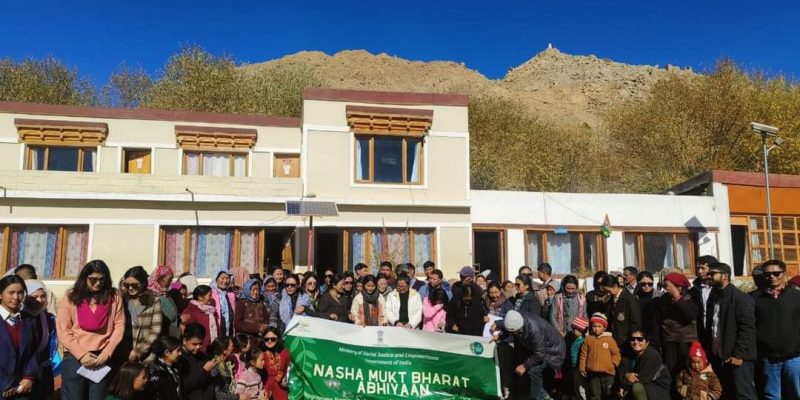
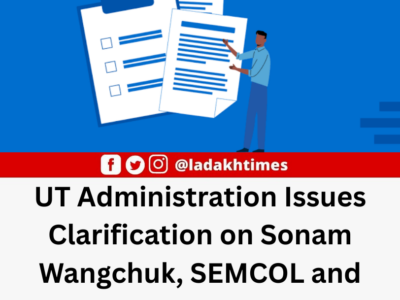

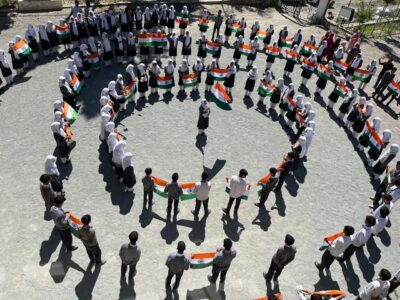
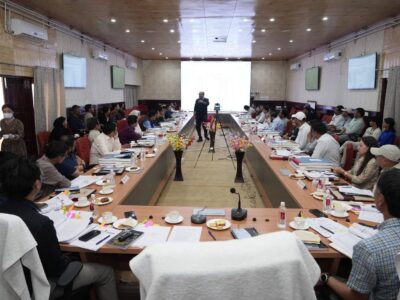
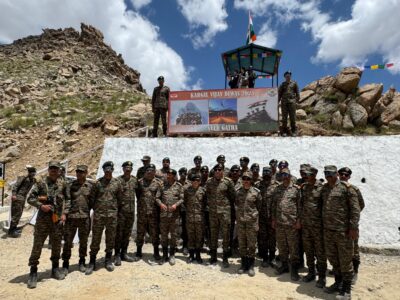
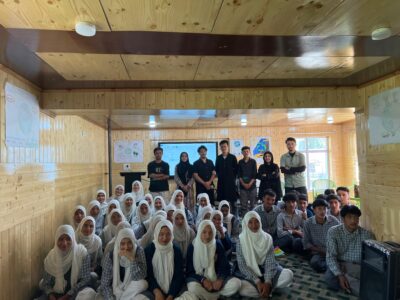
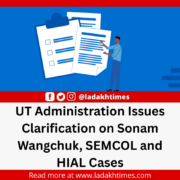

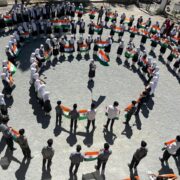
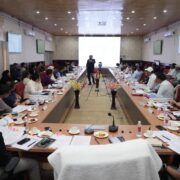
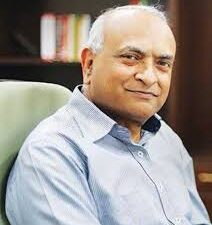
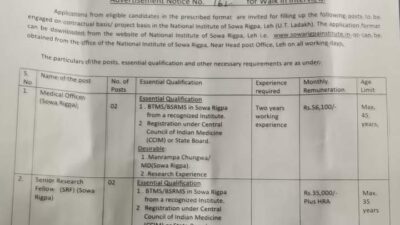

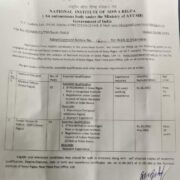
Comments